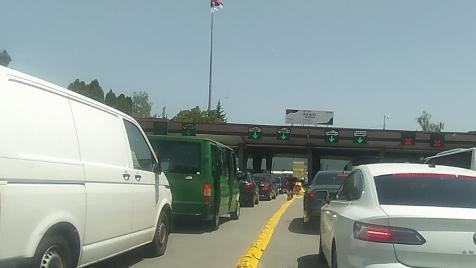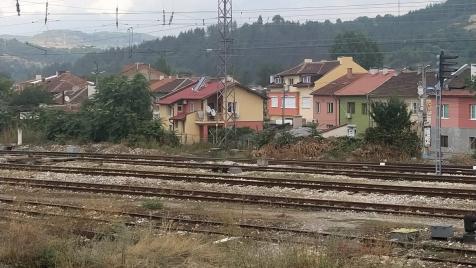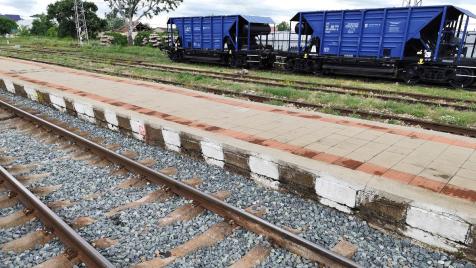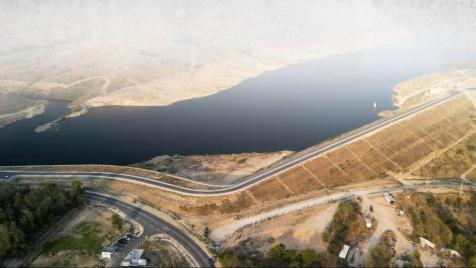Bulgarian infrastructure agency issues a major road repairs call for 1.12 billion euros
The institution has decided to change the territorial zoning of the country for that project, without explaining the criteria behind it
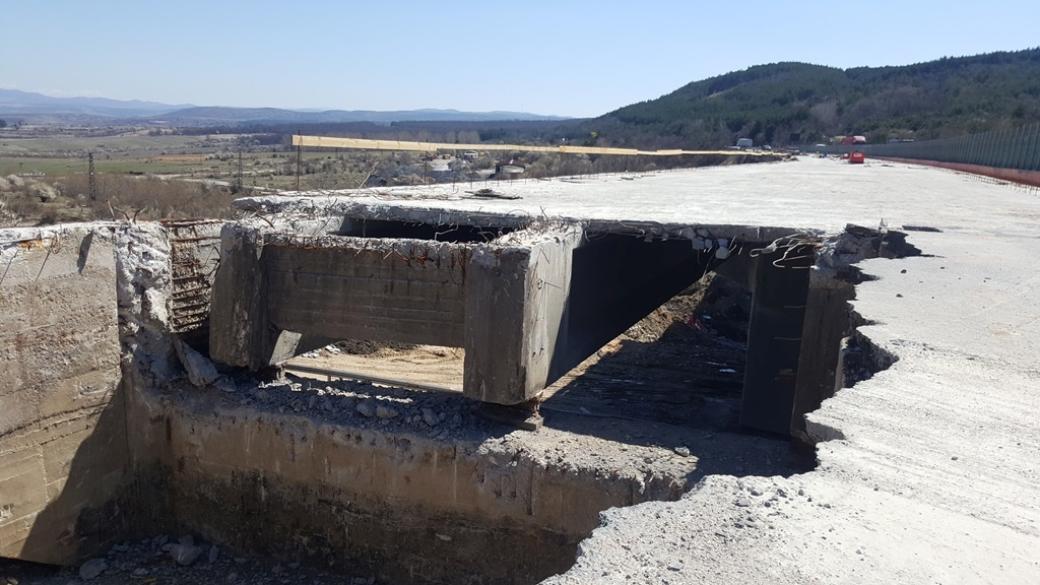
© ECONOMIC.BG / API
In the last 3 years, it has become a tradition for the Bulgarian Road Infrastructure Agency (API) to quietly release multibillion-dollar tenders or to secretly sign contracts for large infrastructure projects. It seems that this technique is still in use. On Wednesday, API issued a call worth 1.12 billion euros, excluding VAT, for the major repair and reconstruction of the country’s road network over the next 4 years. No information has been published about it - neither on the agency’s website nor with a press release to the media (the latter is a common practice for other, much smaller calls).
Economic.bg contacted the API press center, as this procedure raises many questions. They only accepted written questions. When asked why the tender was not officially announced, the answer was that it was "a matter of decision".
The implementation of the public procurement is financed with funds from the state budget, with these being planned annually for the period of validity of the Framework Agreement.
Selection
There are some novelties in API’s latest tender though. For example, the Bulgarian territory is now divided into nine regions, instead of the traditional six as per the administrative division, and highways are counted separately. So far, it is not clear why this particular division has been chosen, given that at first glance it seems illogical.
For each region, API will conclude framework agreements with the first three potential contractors. However, that is not all. When the framework agreement is concluded with more than one party, for each contract that is to be concluded, the contracting authority will conduct an internal competitive selection (ICS) to determine a contractor in accordance with Art. 82, para. 3 and para. 4 of the Public Procurement Act. In practice, this means that for each repair in a given area, API will re-select one contractor from among those that already have framework agreements concluded.
Within the framework of the internal competitive selection, the contracting authority:
- sends a written invitation to the parties under the framework agreement;
- determines an appropriate deadline for receiving offers, taking into account the complexity of the subject of the tender and the time required to prepare the offers;
- appoints a committee that examines and ranks the offers;
- determines with a decision the executor of the public procurement, based on the specified criteria for awarding the procurement, and concludes a contract or suspends the internal competitive selection.
In the event of a written invitation to conclude a specific contract, the contracting authority will require candidates to submit a bid with a specific proposal, in accordance with the requirements specified in the tender. Each specific contract is concluded in accordance with the conditions laid down in the framework agreement, the offers presented by the contractors, and the unit prices proposed by them for the performance of the works and activities subject to the order. In addition, the pricing elements proposed cannot exceed those offered by the specific participant under the framework agreement.
Contractors under the framework agreement undertake to submit an offer in response to any call addressed to them by the contracting authority.
The scope of the specific public procurements, based on the framework agreement, will depend on the specific needs of the contracting authority, as well as on the requirements of the regulatory framework during the period of validity of the framework agreement.
However, it is not clear whether the competition is not only a fictive one, since the selection criteria by which the companies will be selected are rather tough. For example, a requirement has been introduced that the candidates have a turnover of no less than 250 million euros in the last three years. Such a turnover is achievable for the largest companies in the industry, but not for the smaller ones.
The subject of activity
What is interesting in this case is the subject description of the API call. It has been announced as "repair activities of the republican roads", without further specification. In an appendix related to the technical specifications, it is indicated that major repair (rehabilitation) activities, as well as reconstruction, are planned. At the moment, however, it is not clear whether this procedure will duplicate other tenders for the repair and maintenance of roads with a total value of 1.8 billion euros, for which 4-year contracts have already been concluded with selected companies. These calls were issued by the caretaker government that was in charge of the country in the beginning of 2023. The consequent (elected) government of Nikolai Denkov tried to terminate some of them due to omissions, but complaints were filed at the Commission for the Protection on Competition and subsequently, a large part of the tenders were successfully completed.
The types of repairs carried out were a particularly hot topic, as during the first interim government, after the fall of GERB (2021), it became clear that major repairs had also been carried out under the basic repair and maintenance contracts. These activities have doubled and tripled the cost of the operations. During the government of the GERB political party, these costs were covered at the end of each year by decrees of the Council of Ministers.
However, with the subsequent interim governments, a situation was reached in which API did not have the funds to pay off the road maintenance companies that had presented a bill of 600 million euros. During the elected government of Kiril Petkov, the issue also reached the parliament, where a payment was voted on about half of the money asked - about 325 million euros. Subsequently, this decision was declared unconstitutional. During the Petkov government, there were even debates about whether cold recycling was part of the main repairs or not.
The API territorial division
The tender is divided into nine separate positions, according to the new "zoning" of API. An estimated amount of 125 million euros, excluding VAT, is provided for each region. It’s not clear though what criteria were used when deciding on this division.
In previous tenders, the country was divided into districts and a contract was concluded with a separate contractor for each district.
The new division is as follows:
- Separate position No. 1 – Region 1: Vidin, Vratsa, Montana with a length of 1,872 km;
- Separate position No. 2 – Region 2: Blagoevgrad, Kyustendil, Pernik with a length of 1,755 km;
- Separate position No. 3 – Region 3: Burgas, Sliven, Yambol with a length of 2,263 km;
- Separate position No. 4 – Region 4: Varna, Dobrich, Shumen with a length of 2,045 km;
- Separate position No. 5 – Region 5: Razgrad, Ruse, Silistra, Targovishte with a length of 2,031 km;
- Separate position No. 6 – Region 6: Pleven, Veliko Tarnovo, Gabrovo with a length of 2,249 km;
- Separate position No. 7 - Region 7: Pazardzhik, Plovdiv, Smolyan with a length of 2,168 km;
- Separate position No. 8 – Region 8: Haskovo, Kardzhali, Stara Zagora with a length of 2,462 km;
- Separate position No. 9 - Region 9: Lovech and Sofia with a length of 2,063 km.
Translated by Tzvetozar Vincent Iolov

 Gloria Hristova
Gloria Hristova 